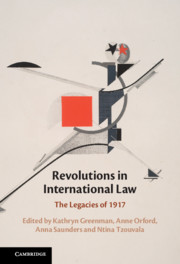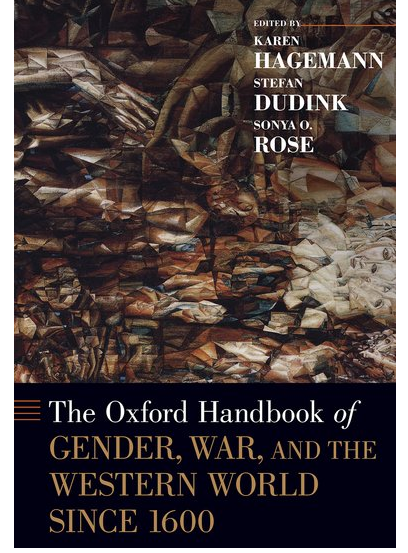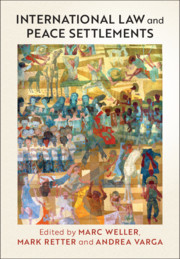Abstract:
International Law and Peace Settlements provides a systematic and comprehensive assessment of the relationship between international law and peace settlement practice across core settlement issues, e.g. transitional justice, human rights, refugees, self-determination, power-sharing, and wealth-sharing. The contributions address key cross-cutting questions on the legal status of peace agreements, the potential for developing international law, and the role of key actors – such as non-state armed groups, third-state witnesses and guarantors, and the UN Security Council – in the legalisation and internationalisation of settlement commitments. In recent years, significant scholarly work has examined facets of the relationship between international law and peace settlements, through concepts such as jus post bellum and lex pacificatoria. International Law and Peace Settlements drives forward the debate on the legalisation and internationalisation of peace agreements with diverse contributions from leading academics and practitioners in international law and conflict resolution.
Table of contents:
1. Framing the relationship between international law and peace settlements Marc Weller, Mark Retter and Andrea Varga
Part I. Historical Dimensions to Peace Settlement Practice:
2. Ancient peace treaties and international law Larry May
3. The lore and laws of peace-making in early-modern and 19th-century European peace treaties Randall Lesaffer
4. The Treaty of Westphalia as peace settlement and political concept: from a German security system to the constitution of international law Christoph Kampmann
5. The boundaries of peace-making: British imperial encounters, c.1700–1900 Megan Donaldson
Part II. Peace Agreements as Legal Instruments:
6. The interpretation and implementation of peace agreements Laura Edwards and Jonathan Worboys
7. The afterlife of peace agreements Mats Berdal
8. Interactions between peace agreements and international law Philipp Kastner
Part III. Key Actors and the Role of International Law:
9. Non-state armed groups and peace agreements: examining legal capacity and the emergence of customary rules Daragh Murray
10. Witnesses and guarantors: third-party obligations and the internationalisation of peace agreements Andrea Varga
11. The Security Council, peace-making and peace settlement: between executive and pragmatic Nigel D. White
12. Peace-making, peace agreements and peacekeeping: strategic, operational and normative issues Scott Sheeran and Catherine Kent
Part IV. Representation, Sovereignty and Governance:
13. Inclusion and women in peace processes Tiina Pajuste
14. National dialogues and the resolution of violent conflicts Katia Papagianni
15. Advancing peaceful settlement and democratisation: the doubtful usefulness of international electoral norms Brad R. Roth
16. Power sharing and peace settlements Marie-Joëlle Zahar
17. Resolving religious conflicts through peace agreements Isak Svensson
18. Self-determination and peace-making Marc Weller
19. Peace agreements and territorial change Marcelo Kohen and Mamadou Hébié
Part V. Economic Aspects of Peace Settlements:
20. Political economy, international law and peace agreements Andrew Ladley and Achim Wennmann
21. Balancing national ownership with international intervention: combating illegal exploitation of natural resources through peace processes Daniëlla Dam-de Jong
22. Sharing resource wealth in conflict settlements George Anderson
23. Overcoming violence in maritime conflicts with provisional arrangements: a legal tool for conflict resolution Christian Schultheiss
24. Financing peace through law? Financial woes for a law of peace-making Mark Retter
Part VI. Humanitarian Obligations and Human Rights:
25. Negotiating the international legal fate of detainees Jake Rylatt and Mark Retter
26. Accountability: essential for peace or an obstacle? Renée Jeffery
27. The return of people and property Anneke Smit
28. Peace settlements and human rights Jenna Sapiano
29. Developments in peace settlement practice and international law Marc Weller.









